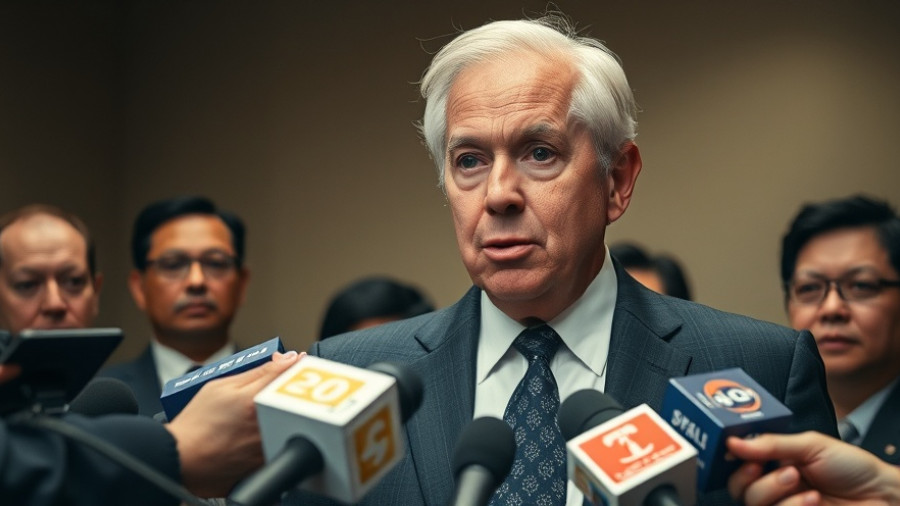
The Turbulent Israeli-Palestinian Conflict and Its Wider Implications
The recent announcements from former President Donald Trump prompted renewed discussions about the Israeli-Palestinian conflict, specifically regarding the ongoing ceasefire that he claims is still in place despite fresh assaults on Gaza. This assertion raises several critical questions about the nature of peace in this region, especially in light of the enduring hostilities that have plagued the area for decades.
In "Trump Says Israel–Hamas Ceasefire Still Holding Despite Renewed Strikes on Gaza," the complexities surrounding the ceasefire in the Israeli-Palestinian conflict are examined, providing a backdrop for deeper analysis.
Historical Context: A Legacy of Conflict
The roots of the Israeli-Palestinian conflict can be traced back to the early 20th century, fueled by competing national movements and territorial claims. Understanding this history is vital to comprehending current events, including the volatile situation in Gaza. Since the establishment of the state of Israel in 1948, the conflict has seen numerous escalations, with both sides suffering tremendous losses. The most recent cycle of violence erupted in May 2021, leading to a renewed international focus on the region as leaders seek long-term resolutions.
The Power of Perception: Media Influence and Public Opinion
Public perception plays a critical role in shaping narratives around conflicts. The way media outlets report on events in Gaza and Israel can either exacerbate tensions or foster dialogue. In a digital age where information is rapidly disseminated, the framing of news articles, particularly regarding ceasefires, can influence international support and intervention strategies. Understanding this dynamic is crucial for anyone interested in the implications of the conflict beyond the region.
From Ceasefire to Renewed Strikes: What’s Behind the Tension?
Trump's assurance that the ceasefire remains intact, even as airstrikes resume in Gaza, paints a complex picture. The contradiction highlights a critical aspect of conflict management—misalignment between political rhetoric and ground realities. While political leaders may advocate for peace agreements, actual events on the ground often tell a different story. This disconnect can have significant consequences for negotiation dynamics and potential future peace talks.
Implications for African Nations: A Broader Perspective
The ramifications of global conflicts extend beyond their borders. For African nations, particularly in regions grappling with their own socio-political complexities, the effects of the Israeli-Palestinian confrontation are profound. As the continent witnesses a rise in nationalist movements and political upheaval, the outcomes of foreign conflicts can influence public sentiment and policy-making across various nations. Moreover, there are parallels to be drawn when considering how international interventions in Africa echo the calls for resolution in the Middle East.
Future Predictions: The Role of Global Diplomacy
With the geopolitical landscape constantly shifting, the future of the Israeli-Palestinian conflict remains uncertain. Analysts suggest that renewed diplomatic efforts, particularly from influential global players, could pave the way for a sustainable peace process. Through comprehensive multilateral discussions that consider historical grievances and current realities, a new pathway could emerge. This reality underscores essential lessons for African countries similarly seeking international support to resolve internal conflicts.
In sum, the statements made in the video "Trump Says Israel–Hamas Ceasefire Still Holding Despite Renewed Strikes on Gaza" highlight a fractured ceasefire and the complex web of international relations that can impact conflict interventions. As we delve deeper into this subject, it encourages us to reflect on the broader implications for Africa and the necessity for a nuanced understanding of global political dynamics.
Stay informed, engage in discussions, and advocate for peace—because understanding these global narratives empowers local actions. The conflict may seem distant, but the insights gained could hold significance in forming pathways for peace in our own communities.
 Add Row
Add Row  Add
Add 


Write A Comment